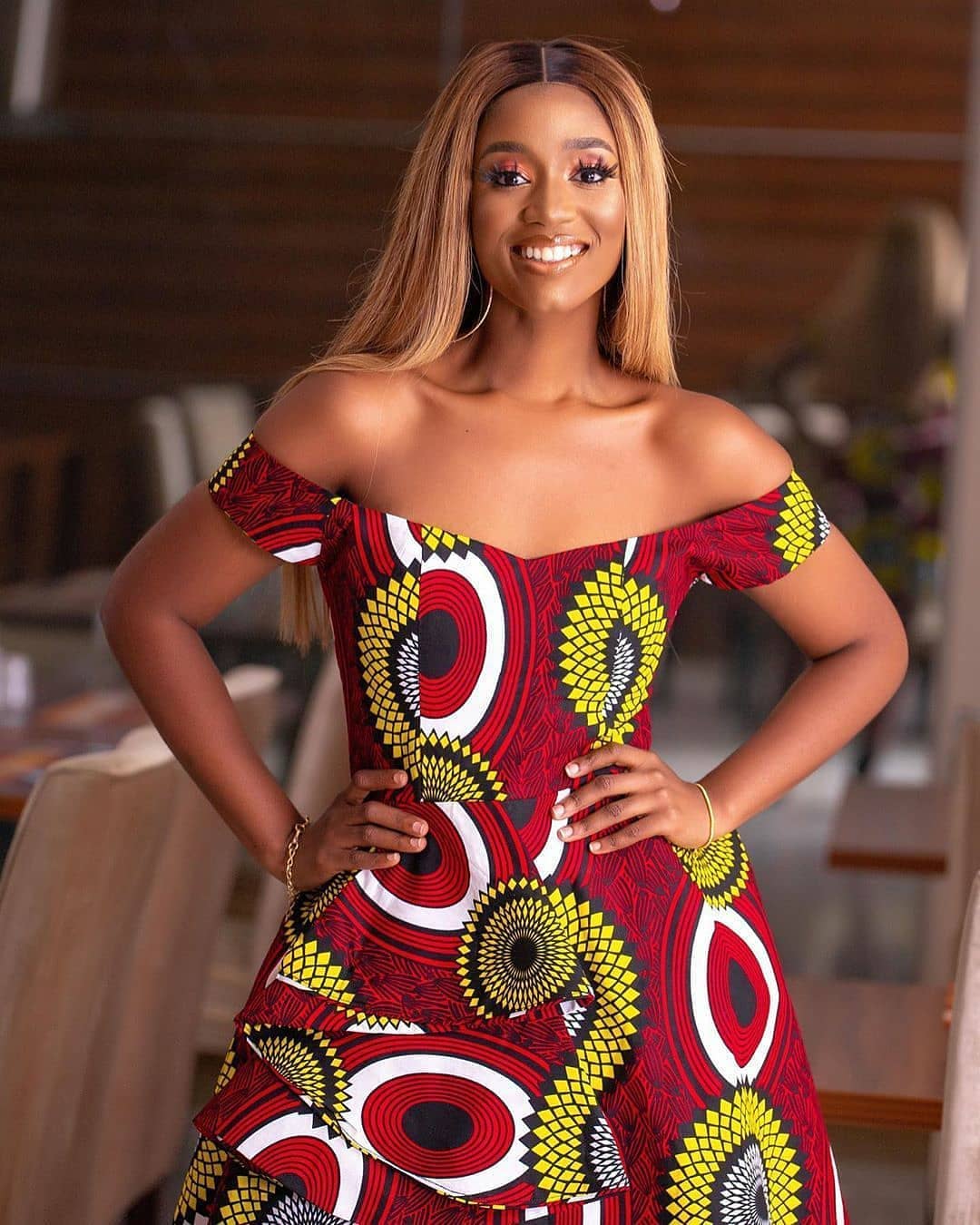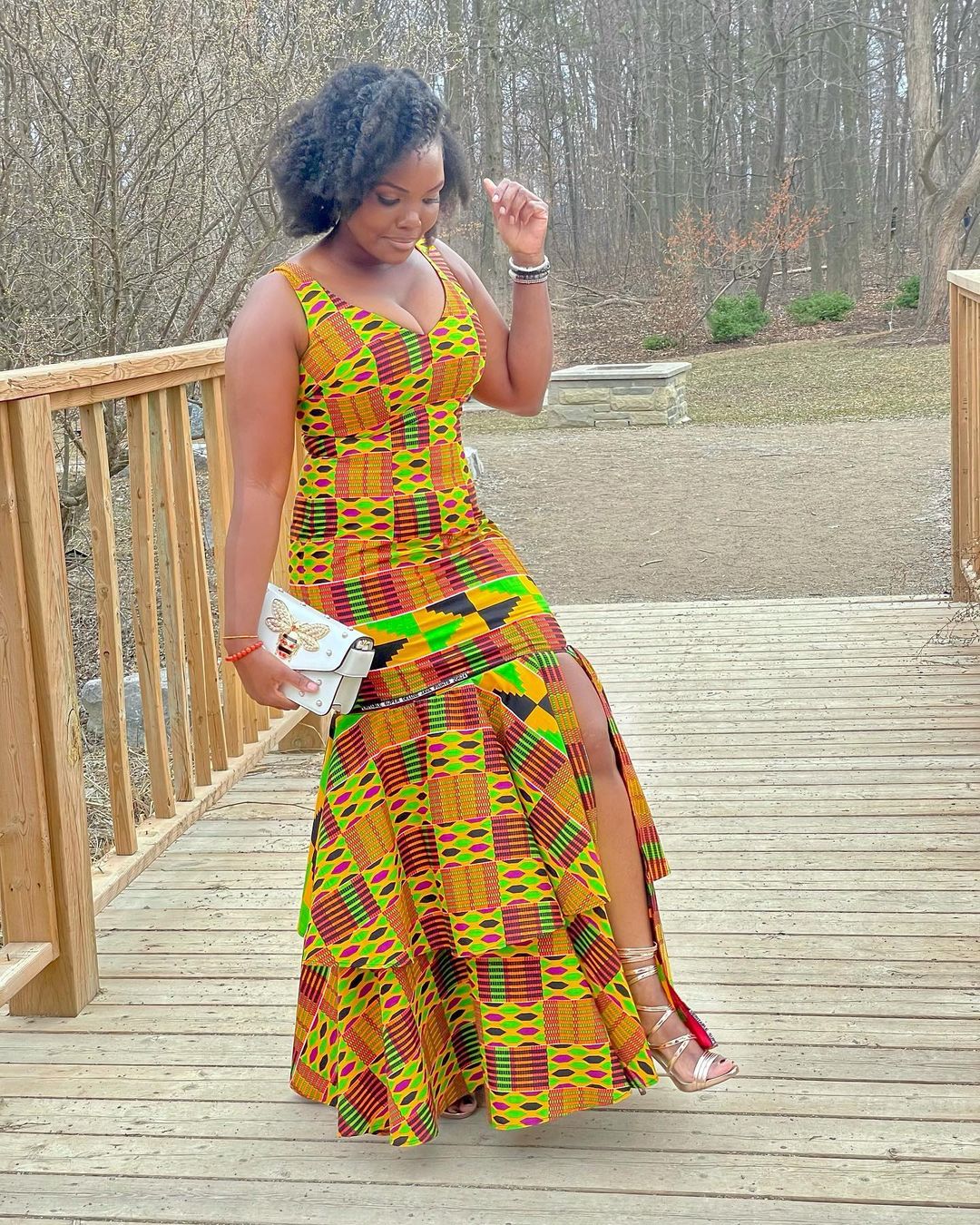
Introduction to African Fashion Dresses
African fashion dresses have gained significant popularity in recent years, not only within the African continent but also worldwide. These dresses are known for their vibrant colors, bold patterns, and unique designs. They showcase the rich cultural heritage and traditional craftsmanship of various African tribes and ethnic groups. In this article, we will explore the beauty and diversity of African fashion dresses, their significance, and how they have become a global trend.
The Significance of African Fashion Dresses
African fashion dresses hold immense cultural significance for the people of Africa. They are often worn during special occasions such as weddings, festivals, and ceremonies, representing the wearer's cultural identity and social status. These dresses are meticulously crafted using traditional techniques and materials, making each piece a work of art. They also serve as a way to preserve and celebrate African traditions and customs.

The Diversity of African Fashion Dresses
Africa is a continent of diverse cultures, each with its unique fashion traditions. From the colorful kente cloth of Ghana to the intricate beadwork of the Maasai tribe in Kenya, African fashion dresses come in various styles, patterns, and fabrics. Some popular African dress styles include the dashiki, boubou, kaftan, and Ankara. Each style has its distinct characteristics, reflecting the cultural heritage of different African regions.
The Influence of African Fashion on Global Trends
African fashion dresses have not only captivated the African market but have also made a significant impact on the global fashion industry. African-inspired designs have been embraced by renowned fashion designers and celebrities worldwide. The vibrant colors and bold patterns have become a statement of style and individuality. African fashion shows and events are now held in major fashion capitals, showcasing the creativity and talent of African designers.

The Rise of African Fashion Designers
African fashion designers have gained recognition and acclaim for their innovative designs and ability to blend traditional African aesthetics with contemporary fashion trends. Designers such as Ozwald Boateng, Deola Sagoe, and Lisa Folawiyo have made their mark globally, creating unique and captivating African fashion dresses. These designers experiment with different fabrics, textures, and embellishments to create stunning pieces that appeal to a wide audience.
Ways to Style African Fashion Dresses
There are numerous ways to style African fashion dresses, depending on the occasion and personal preference. They can be paired with bold accessories such as statement necklaces, bangles, and headwraps to enhance the overall look. African dresses can be worn with both heels and flats, depending on the desired level of formality. Mixing and matching different African prints and patterns is also a popular trend, creating a vibrant and eclectic ensemble.

Supporting African Fashion Industry
Supporting the African fashion industry is crucial for its growth and sustainability. By purchasing African fashion dresses, individuals can contribute to the economic development of African artisans, designers, and local communities. Additionally, spreading awareness about African fashion through social media, attending fashion shows, and collaborating with African designers helps to promote and celebrate African creativity and talent.
Inspiration from African Fashion Dresses
African fashion dresses have become a source of inspiration for designers around the world. The vibrant colors, intricate patterns, and unique silhouettes have influenced mainstream fashion trends. From runway shows to red carpet events, African-inspired designs can be seen on various international platforms. This cross-cultural exchange of fashion ideas enriches the global fashion scene and encourages diversity and inclusivity.
Conclusion
African fashion dresses are a true reflection of the rich cultural heritage and creative spirit of Africa. With their vibrant colors, bold patterns, and unique designs, these dresses have become a symbol of African identity and pride. The global recognition and appreciation for African fashion have opened doors for African designers and artisans to showcase their talent on an international stage. By embracing and supporting African fashion, we can celebrate diversity, preserve traditions, and promote inclusivity in the fashion industry.